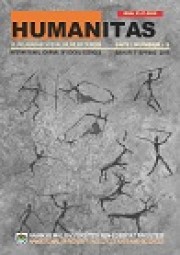EDMOND CARY’NİN YAZINSAL ÇEVİRİ YÖNTEMİNİN TEMEL ÖZELLİKLERİ: TİYATRO ÇEVİRİSİ ÖRNEĞİ
THE PRINCIPLE QUALITIES OF EDMOND CARY’S METHOD OF LITERARY TRANSLATION: AN ANALYSIS OF THEATRE TRANSLATION
Author(s): Serhan DİNDARSubject(s): Literary Texts
Published by: Namık Kemal Üniversitesi Fen-Edebiyat Fakültesi
Keywords: Theatre; Edmond Cary; Translation; Adaptation; Translation Studies; Cultural Discourses
Summary/Abstract: As a literary genre, theatre and its translation has an important role in translation studies. The texts of theatre are written to be staged and they have especially the audio-visual elements as well as social and cultural discourses. These texts have also a didactic mission. Therefore, translators face with some translating problems because they should transfer the same message of the source text to the target text with same style and same effect as far as possible. Because, a translator should constitute a bridge between two cultures and this process of translation become a problematic for him or her. E. Cary, who is an important theorist in the field of translation studies, proposes some special definitions and approaches about translation of the literary genres. Cary claims that we should follow a different method of translation for all literary genres and he emphasizes the slight border between translation and adaptation. In this study, we will mention the general frame of E. Cary’s translation approach about the texts of theatre, and then we will try to show Cary’s translation process on translations from Turkish into French of the 18th century’s important literary works as Turcaret (Lesage), Le marriage de Figaro (Beaumarchais) and Les Fausses Confidences (Mariveaux). On the other hand, we will try to make an analysis of translation and make some propositions about these different translations.
Journal: Humanitas - Uluslararası Sosyal Bilimler Dergisi
- Issue Year: 3/2015
- Issue No: 05
- Page Range: 85-96
- Page Count: 11

